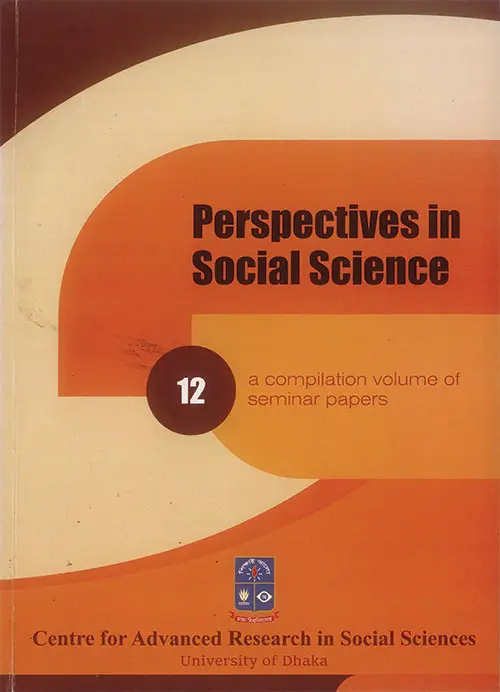
Perspectives in Social Science
Volume 12 July 2016
Perspectives in Social Science
Emerging Trends in Minority Political Parties and Politics in India: A Quest for Political Space by Muslims in India
Perspectives in Social Science
Volume 12 July 2016
DOI:
ISSN :
Abstract
Muslims, being the largest minority group have played a crucial role in politics of India ever since India got freedom from the clutches of the British Empire. Ever since the first general elections (1951-52), Muslims largely favouring the Congress party in both parliamentary and state assembly elections. This has proved to be immensely helpful to the Congress and hence, it was in the central government for long five decades. Muslims never get any favour in return and the same proved to be a complete failure on several occasions in securing the rights of Muslim minorities. In 1980s, the Jan Sangh rechristened itself into the BJP and has provided an option before Indian voters to elect a different party, but, due to its ultra nationalist and Hindutva ideology, Muslims keep on voting for the Congress. Subsequently, the Ram Mandir movement got currency in 1990s, and the infamous 'Rath-Yatra' started by L.K. Advani of the BJP, have instigated communal feeling among the two communities. Assurances extended by the organizers of the 'yatra' proved completely wrong when more than 300 riots erupted in every nook and corner of India, in which hundreds of people have lost their lives. However, this movement unknowingly provided a platform for the emergence of many regional parties. Many of them founded on secular credentials and hence, provided a viable option before Muslims to vote for. After, being a subject of vote-bank politics for long, Muslims in India, have started to look for regional parties of secular credentials. The BSP, Samajwadi Party, RastriyaJanta Dal, RastriyaLok Dal, Janta Dal (United), etc. have become parties to get majority Muslims votes. However, with time, these parties too, have failed in bringing any desirable change in the miserable socio-economic and political landscape of Muslims. Additionally, the rise of right wing parties led by the RastriyaSwayamSevakSangh, instills a sense of insecurity among these parties and consequently, they have quickly started to overlook issues related to Muslims. The other minority groups do not
